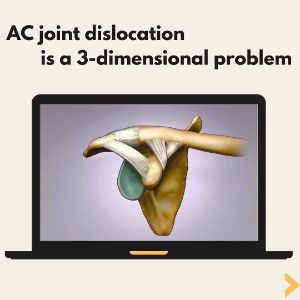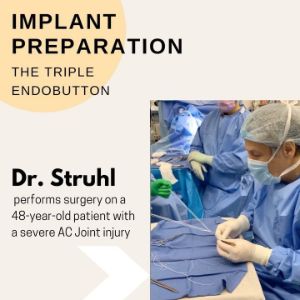The rotator cuff is a circular group of muscles and tendons that allow the incredible range of motion of the arm and shoulder. The rotator cuff connects the shoulder blade and the humerus (upper arm bone) and is necessary for full arm movement. When a rotator cuff tear occurs with one or more of the muscles and tendons, it can cause a variety of symptoms. If you have injured your shoulder, here are the symptoms that could point to a rotator cuff tear.
Shoulder Pain
The most common symptom of a rotator cuff tear is pain around the shoulder and upper arm. The pain can be anywhere from a dull ache to more severe pain when lifting the arm. While you can have a rotator cuff tear without pain, more severe tears will usually cause discomfort. Patients with rotator cuff tear injuries often complain about the following types of pain:
- Pain and aching around the top of the shoulder
- Radiating pain into the upper arm, even as far as the elbow
- Pain in shoulder when sleeping
- Increased pain when lifting the arm, especially above shoulder height
Shoulder pain can be caused by many different injuries and conditions, so pain alone is not enough to diagnose a rotator cuff tear. The pain is often combined with weakness, another one of the main indicators of a tear in the rotator cuff.
Shoulder and Arm Weakness
Shoulder pain combined with actual weakness is a sign of rotator cuff injury. There is a difference between actual weakness and apparent weakness in the shoulder. Actual weakness occurs when a patient cannot perform certain tasks like lifting their arm above their head because the muscles or tendons in the rotator cuff are torn or damaged. Apparent weakness is when range of motion is limited due to pain, not because the muscle is injured.
Dr. Steven Struhl at AC Joint Separation can accurately diagnose rotator cuff tears and provide treatment for repair and pain relief. If you have symptoms of a rotator cuff tear and want to explore treatment options, call our office in New York or Westchester, NY to schedule an exam and consultation.
Posted on behalf of Steven Struhl MD





